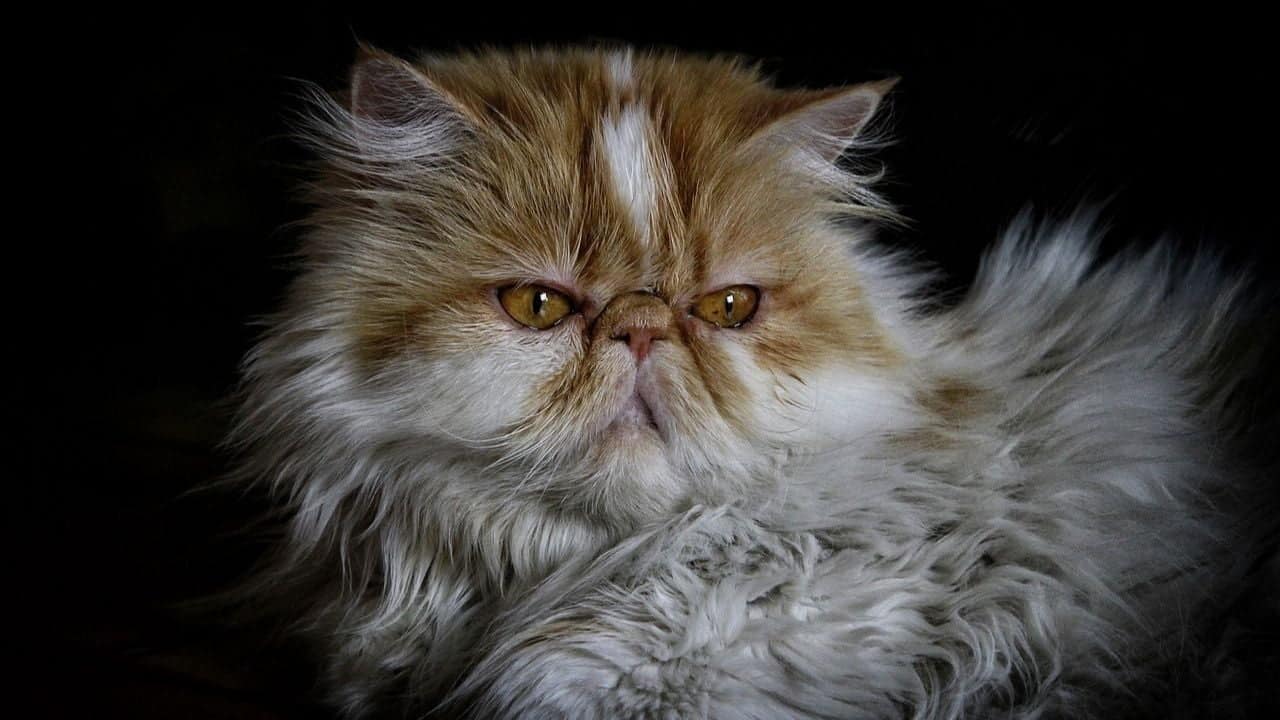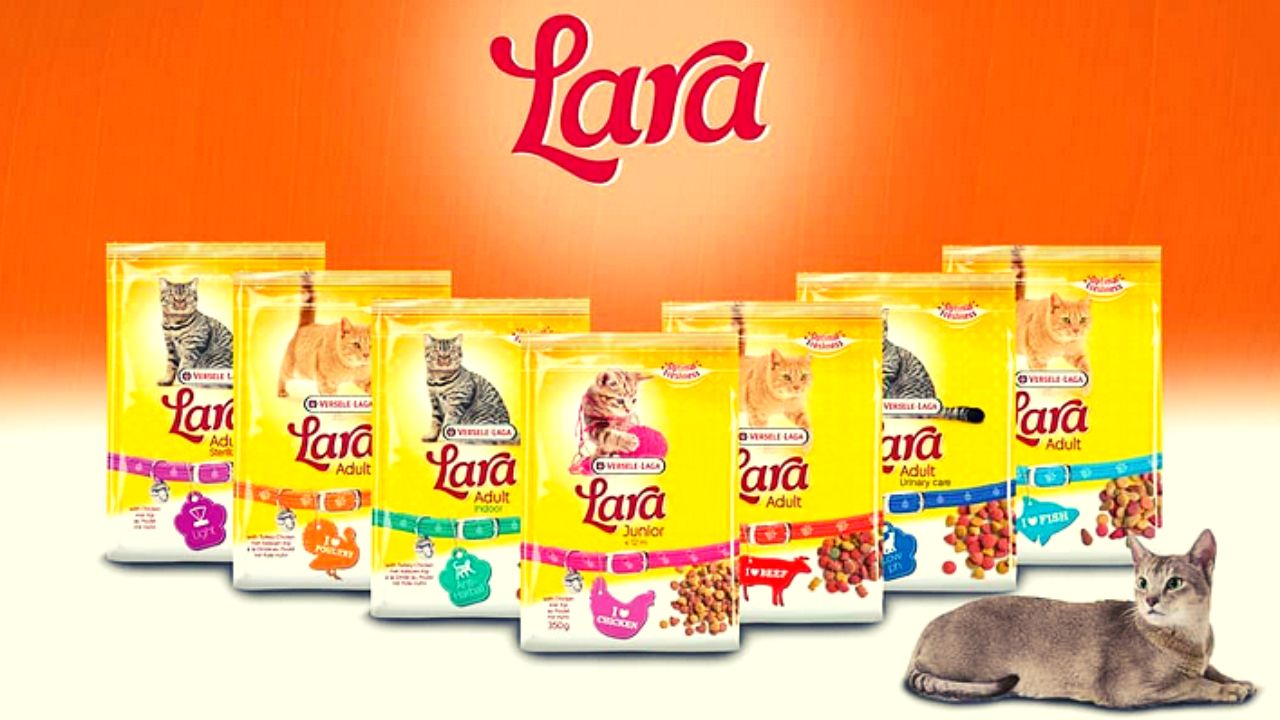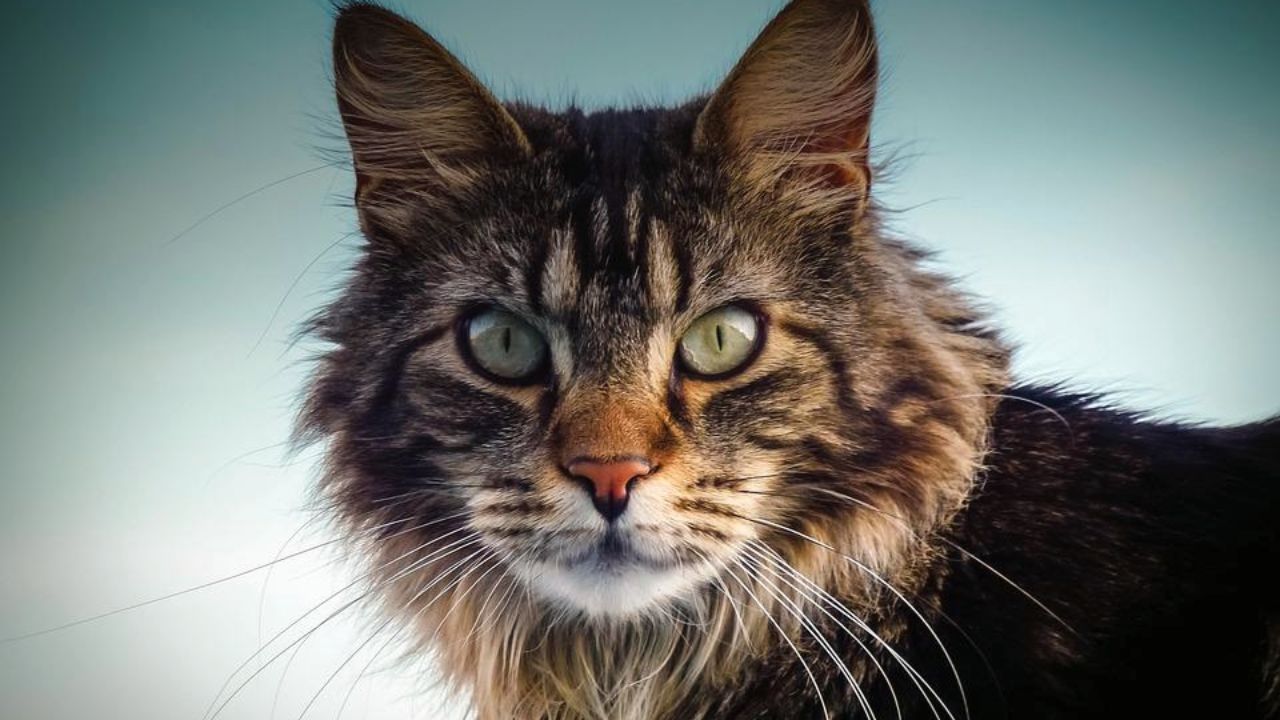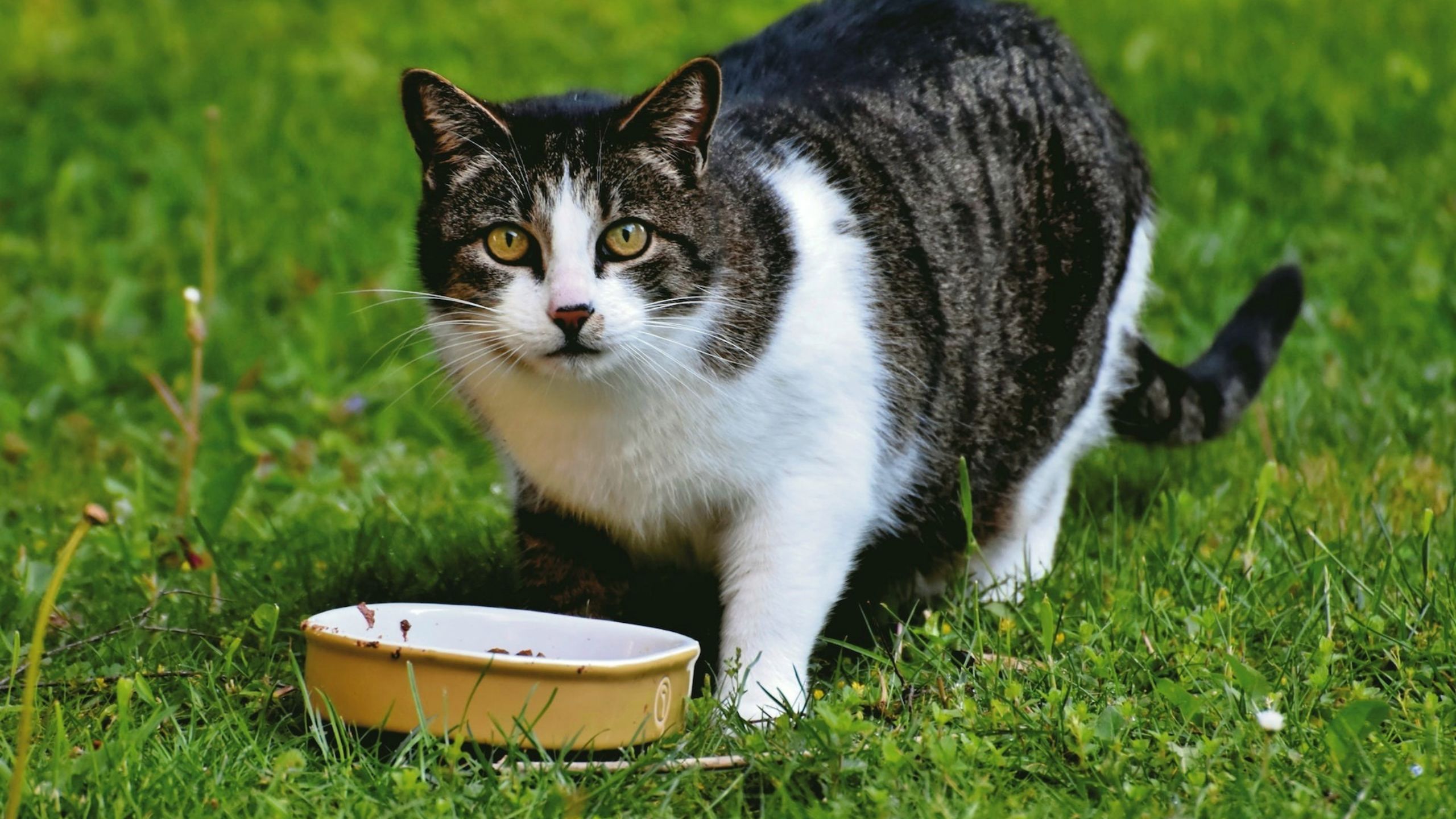
Table of Contents
Persian cats are one of the most popular breeds of cats in the world. Known for their luxurious long hair, round faces, and sweet dispositions, Persian cats have been beloved companions for centuries. But, before you bring home one of these cute fellas, you must know a few things beforehand.
The physical characteristics of Persian cats and grooming
One of the biggest considerations when it comes to Persian cats is their grooming needs.
Persian cats have long, dense coats that require daily brushing to prevent matting and tangling. It is also important to bathe them regularly to keep their coats shiny and free of any dirt or debris. You may need to invest in high-quality grooming tools such as slicker brushes, metal combs, and specialized shampoos.
Additionally, Persian cats are prone to tear stains, which can be prevented by wiping away any excess tear fluid with a damp cloth. You can also trim the hair around their eyes to reduce the risk of staining.
Temperament and Personality Traits of Persian Cats
Persian cats are generally known for being gentle and affectionate. However, each of them has its unique personality, and it’s something very important to consider before adoption. Some of them may prefer some alone time, while others may crave attention. It’s also important to remember that Persian cats are typically laid-back and may prefer a quiet and relaxed environment.
Living Arrangements
Persian cats are indoor cats and are not well-suited for outdoor living. They prefer a comfortable and safe living environment, free from any potential hazards. It is important to provide them with plenty of toys, scratching posts, and cozy sleeping spots to keep them entertained and comfortable. Persians are generally indoor cats, so they will be exclusively litter tray users.
Common Health Issues and Preventive Care for Persian Cats
Persian cats are generally healthy, but there are a few health issues to be aware of. These include respiratory problems due to their short faces and tear staining due to their prominent eyes.
It is important to take your Persian cat to the vet regularly for check-ups and any necessary treatments.
Feeding and Nutritional Needs of Persian Cats
A good diet is also crucial for maintaining your Persian cat’s health. High-quality cat food specifically formulated for Persian cats can provide the nutrients they need for a healthy coat, skin, and overall health.
Conclusion
Remember the above points before bringing home a Persian cat, and you will be fine!
Are Persian cats good pets for families with children?
Persian cats are great companions for households with children and other pets.
How much should I feed my Persian cat daily?
Most Persian cats do well on a diet of two meals per day. You should aim to feed your cat about one-third of a cup of wet food per meal. If you’re feeding your cat dry food, be sure to adjust the amount according to how many calories it contains.
How much exercise do Persian cats need?
Persian cats are generally considered a low-energy breed and do not require a lot of physical exercise. Short play sessions of 5-10 minutes a day with interactive toys are enough.
Do Persian cats have any special dietary needs?
Nutritionists recommend sticking to the feline natural diet and giving Persian cats food that is rich in whole meat, fish, and organs.
Are Persian cats prone to any specific health issues?
Haircoat disorders, dental disease, overgrown nails, and eye discharge are the most common conditions diagnosed in the Persian cat.
Are Persian cats good with dogs?
Yes, Persian cats are OK with dogs. They are known for being gentle, calm, and good-natured.
Are Persian cats affectionate?
Persian cats are typically quiet and affectionate and enjoy being held in their arms.
How often should I take my Persian cat to the vet?
A visit to the vet one to two times a year is ideal for making sure any health issues are caught early and managed as soon as possible.
Can Persian cats be litter box trained?
Persians are generally indoor cats so they will be exclusively litter tray users.
I am a pet expert dealing with Cats, Dogs, Birds, Rabbits and Aquarium fish for the last 10 years. Now it is time to share my knowledge with you. I am very passionate about sharing everything that I learned so far about pet care. Watch my Youtube channel Petfather






